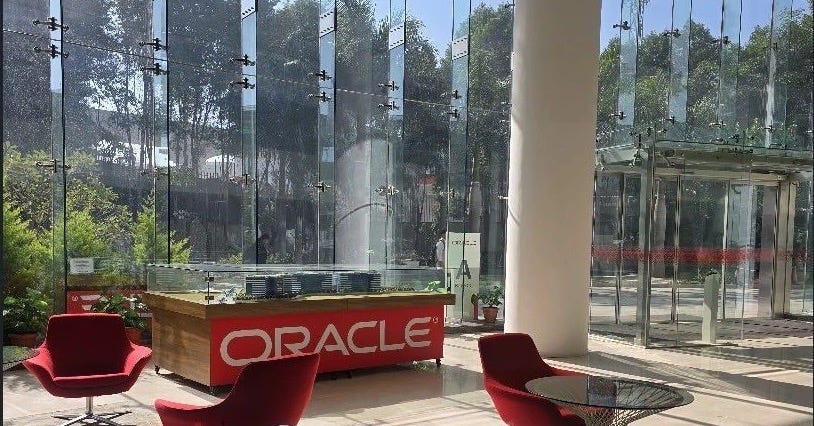Oracle - Associate Software Developer (CGIU)
Back Again! Oracle’s Hiring Sequel.
Table Of Contents
Online Assessment
Round 1: Technical Interview
Round 2: Technical Interview
Round 3: Technical Interview
Interview Experience
Oracle visits again, this time for their CGIU division.
Online Assessment
OA was not conducted a 2nd time, they shortlisted candidates based on their performance in the initial OA.
Round 1: Technical Interview
Operating Systems
Processes & threads:
How killing one affects the other.
Resource sharing.
Scheduling algorithms.
Deadlocks:
Conditions for deadlock.
deadlock prevention.
Mutex, semaphore and their differences.
DBMS
Difference between primary key and candidate key.
ACID properties.
SQL queries:
Given an Employee table, retrieve the emp_id and salary for the person with highest salary department-wise.
ALTER TABLE queries.
What is a database schema?
Difference between SQL & No SQL databases.
Classify Redis, Cassandra, and MongoDB by their database type.
DSA
Insert node in a linked list at a given position.
Find the node that lies at 75% of the length of the linked list.
Fibonacci Series
Projects
Briefly explain all projects, the interviewer asked questions whenever they were intrigued/wanted to know more.
OOPs
Access modifiers in OOPs.
Computer Networks
Explain each layer in the OSI model.
TCP vs UDP.
3-way handshake protocol in TCP.
Error Control algorithms like Stop & Wait, Selective Repeat and Go Back.
Round 2: Technical Interview
Operating Systems
Lifecycle of a process/thread.
File handling code in Java.
DBMS
Cardinality ratio between employee and department they work in.
Design schema for an employee management system (should consist of emp_id, emp_name, dept_id, dept_name)
Figuring out the number of tables & attributes in each table based on the cardinality ratio from the previous question.
2 SQL queries based on the schema from the previous question:
Given emp_id, retrieve the dept_name he/she belongs to.
Query related to COUNT, she forgot the exact question :)
DSA
Hashing and collisions:
Give a hash function to store the country code [like AUS, IN etc] for countries that would prevent collision.
Projects
Asked questions related to REST APIs and CQRS patterns, as it was mentioned in the internship project.
OOPs
4 pillars with code examples.
Difference between run-time & compile-time polymorphism (asked while explaining polymorphism in the previous question).
Difference between abstraction and encapsulation.
What are singleton classes?
Computer Networks
What could be the reasons if a website like oracle.com is pinged but does not respond or open.
TLS Handshake
LLD
Design a Parking Lot
Riddles
Round 3: Technical Interview
Operating Systems
Difference between shell scripting and normal programs.
Difference between Windows and Linux/Unix.
Why are a large number of applications built on top of Linux, even though Windows is more frequently used by the general population?
Difference between Android and Windows functionality and why they exist separately.
DBMS & Projects
Candidate had a project related to deepfake detection and social media analysis.
The interviewer linked this project to DBMS and asked the following questions:
Possible tables required to store data associated with a social media platform.
Whether tables are the best means of storing such data? (Expected No SQL answer).
How hashtags under social media posts help with search and recommendations.
Questions about GNN, CNN and models used in a project.
DSA
Sorting algorithms
Diplomatic Questions
Why do you think OracleDB is the best option amongst its competitors?
Credits
A big shout-out to the candidates who survived these 3 rounds of interviews:
Deeksha Hegde
Vraddhi Shetty


